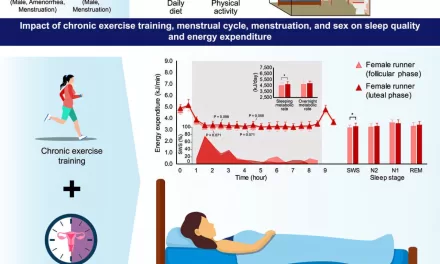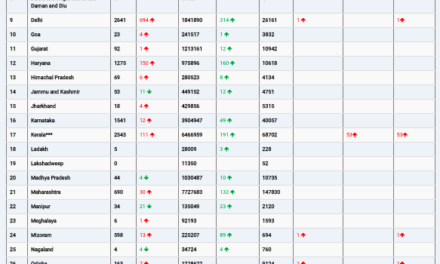In the ongoing battle against malaria, a breakthrough has emerged with promising results from a phase 2 clinical trial involving a monoclonal antibody. Malaria, a disease predominantly affecting the African region and caused primarily by Plasmodium falciparum, remains a significant global health challenge, particularly affecting children under 5 years old.
Recent years have seen a resurgence in malaria cases and deaths, highlighting the need for innovative approaches to complement existing prevention methods such as bed nets and antimalarial drugs. Monoclonal antibodies, a novel tool in malaria prevention, have shown potential in targeting the circumsporozoite protein of P. falciparum, a crucial step in the parasite’s lifecycle.
The phase 2 trial, conducted in Mali, focused on evaluating the safety and efficacy of a new monoclonal antibody, L9LS, administered via subcutaneous injection in children aged 6-10 years. The study, published in The New England Journal of Medicine, reported encouraging findings.
During the trial, researchers observed no safety concerns associated with L9LS across different dose levels in both adults and children. Importantly, the antibody demonstrated significant efficacy in preventing malaria infections. Participants receiving L9LS showed a 66% to 70% reduction in asymptomatic P. falciparum infections and a 67% to 77% reduction in clinical malaria cases compared to those receiving a placebo.
“This study marks a critical advancement in malaria prevention,” commented Dr. Sarah Johnson, lead researcher of the trial. “The efficacy rates we observed underscore the potential of monoclonal antibodies like L9LS to offer substantial protection against malaria, especially in vulnerable populations like young children.”
The findings are particularly timely given the challenges in implementing existing malaria vaccines and chemoprevention strategies, which often face logistical hurdles and varying effectiveness across different age groups. Monoclonal antibodies like L9LS could potentially fill gaps in malaria prevention by providing a single-dose, long-lasting protection approach.
Looking ahead, researchers suggest further studies to explore L9LS’s effectiveness in other high-risk populations recommended for malaria chemoprevention, such as infants, pregnant women, and individuals with severe anemia. Such advancements could pave the way for broader applications of monoclonal antibodies in global malaria control efforts.
As efforts continue to combat malaria worldwide, the emergence of L9LS offers new hope in the fight against this deadly disease. With ongoing research and potential regulatory approvals, monoclonal antibodies could soon become a critical tool in achieving malaria elimination goals set by global health organizations.
For more updates on this groundbreaking study and its implications for malaria control, stay tuned to health and science channels.












